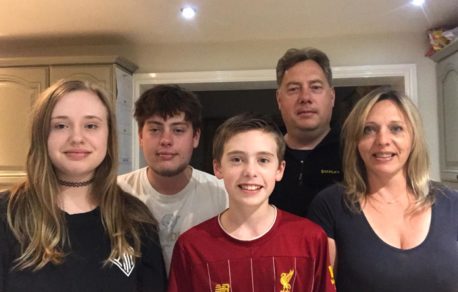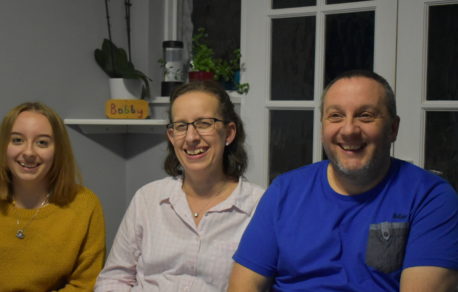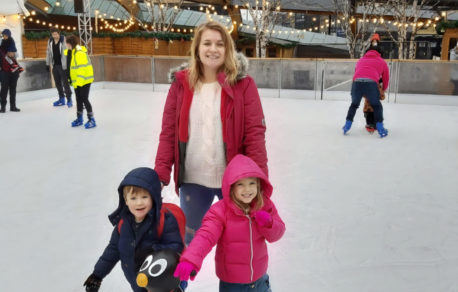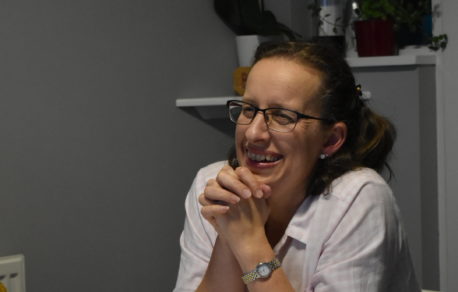
Staff wellbeing
The world changed and we all had no choice but to change with it. At Foothold, we chose to move with the change rather than fight it. Like many organisations, we moved to working from home, and we’re lucky to be able to do so. But there’s no such thing as ‘business as usual’ and we’ve learned to create our ‘new normal’ by prioritising the wellbeing of our staff.
Some organisations didn’t change their routines, insisting people work set hours when it might not be necessary. Others monitored their teams on Zoom. With World Wellbeing Week this week, we challenge employers to consider how healthy that is for their staff.
And does it really make them more productive?
Moving away from the office
Our team moved to work from home before the lockdown measures were announced. We had a business continuity plan in place, to ensure the community members were supported as usual. But we had to rethink our communication. We had to consider how the lockdown, and subsequently the change in communication, impacted staff wellbeing.
Communication challenges
We might not be together, but we’re more connected than ever. And that brings about its own challenges. Balancing the workload and an increase in emails, phone calls and zoom meetings was a challenge. We developed our new way of working, paying attention to when people needed to step away and when they needed support.
Our monthly team meeting was swiftly replaced by weekly catchups on Zoom. We set up a buddy system to keep staff members across all teams connected and talking about anything other than work. We’ve started having regular lunchtime quizzes to have some fun in the middle of the working week. There’s also a Whatsapp group so we can let each other know when we’re working (or not!)
We’re mindful that our communications are more meaningful than ever before. And in that way, it’s brought us closer as a team.
Wellbeing looks different to everyone
Then there’s ways of working for the team. We know that sitting at a desk for the entire day (if they even have a desk when working from home) isn’t healthy for human beings. Some people like to start work earlier, while others like to step away for a few hours in the middle of the day. Some prefer balancing out their week with longer and shorter work days.
We also encourage each other to go for walks or do something fun away from work. So, using the team Whatsapp chat, we let each other know that ‘hey, I’m logging off for a few hours. I’ll be back this afternoon’ or ‘I’m not having a great day today, I’m logging off for a bit’.
Does all this mean we’ve fallen behind in work? Are we doing less work as a result? No. In fact, we’re doing more, because prioritising the wellbeing of staff is beneficial all-round. Our caseworker Jonas says: “I free up a lot of time by keeping a lot of my communication with people we support to email. It makes it easier to keep on top of with limited time.” A member of our marketing team, Eranta, says she gets more done in a typical day because the office distractions have disappeared.
These and other positive effects of working from home have meant we have answered 530 support enquiries since the start of the pandemic, compared to 147 in the same time last year.
We’ve cracked the code when it comes to communication, ways of working and wellbeing. There is no one-size-fits-all. There are only people who each need something different when it comes to communication and ways of working. And that should be respected, protected and where possible, prioritised.






